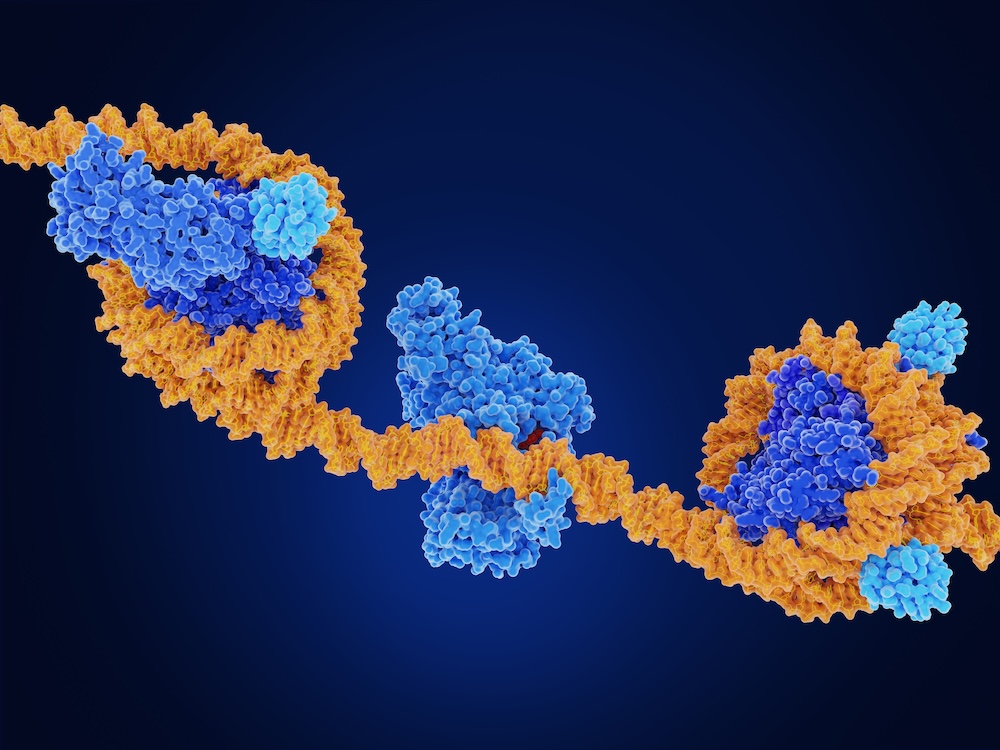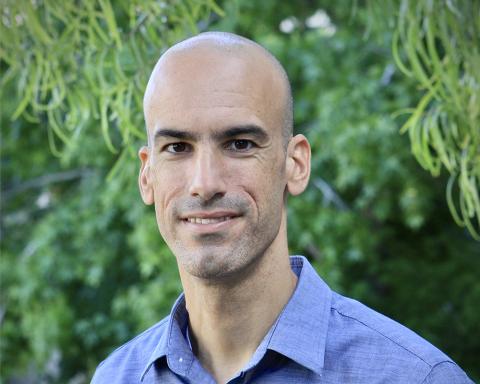Biography
An expert in neuroepigenomics, Dr Alexi Nott joined the UK DRI at Imperial in Autumn 2020 from the University of California, San Diego. Dr Nott’s interest in epigenetics began during his MRC-funded PhD in the lab of Prof Antonella Riccio at LMCB, UCL. He moved to MIT in 2011 as a postdoctoral fellow to continue his studies investigating the role of epigenetics in postnatal development and autism-related behaviours, before being awarded an Alzheimer’s Association Research Fellowship program at the University of California, San Diego. During this time, Dr Nott generated cell-type specific enhancer-promoter connectivity maps of the human brain and identified that genetic risk variants for Alzheimer’s disease are largely located in active gene regulatory elements in microglia. As Group Leader at UK DRI at Imperial, Dr Nott is building on his research into gene regulation in ageing-related brain disorders.
Nott Lab
Explore the work of the Nott Lab, investigating how the epigenome regulates cell type specific gene expression in ageing-related brain disorders

